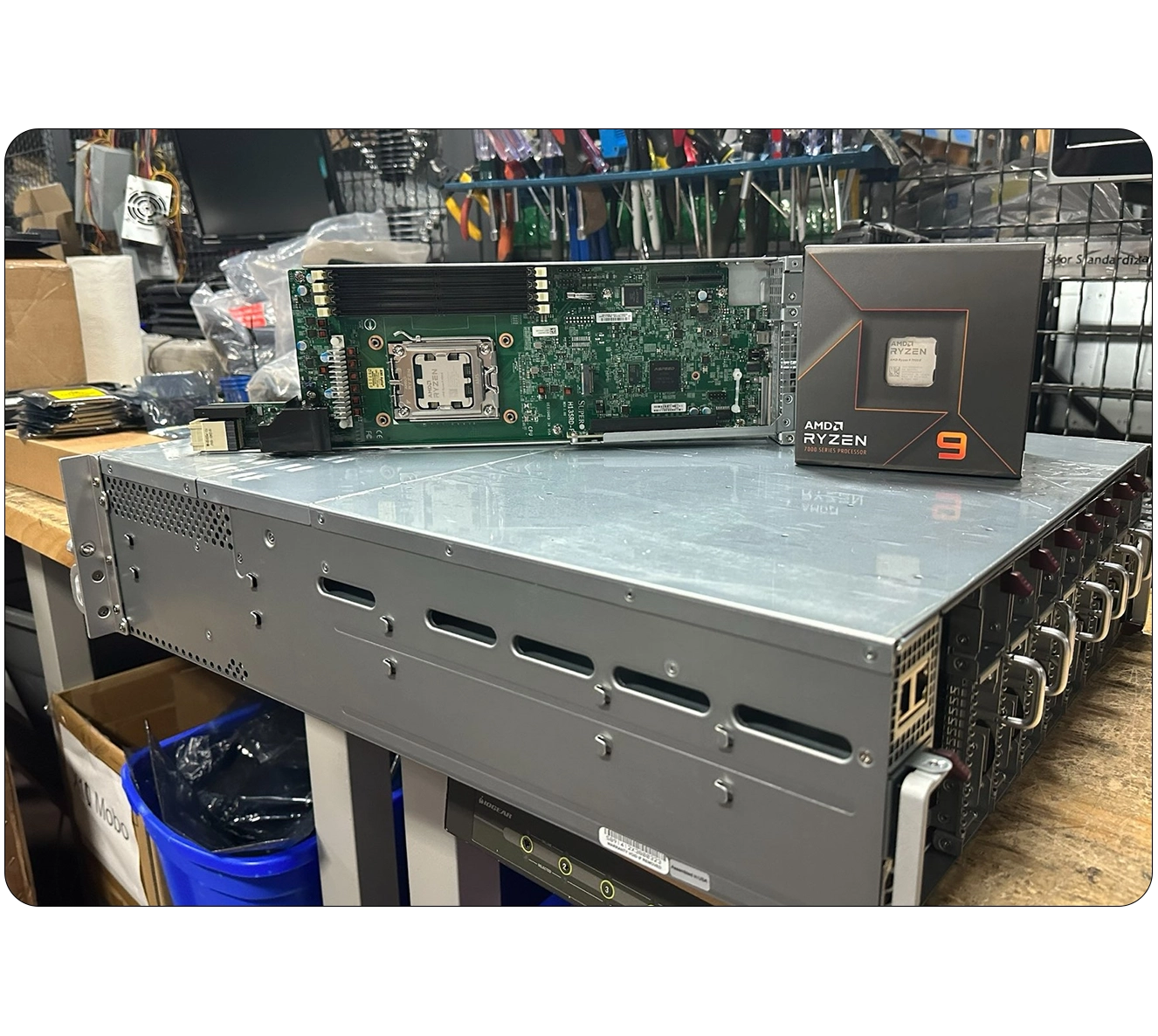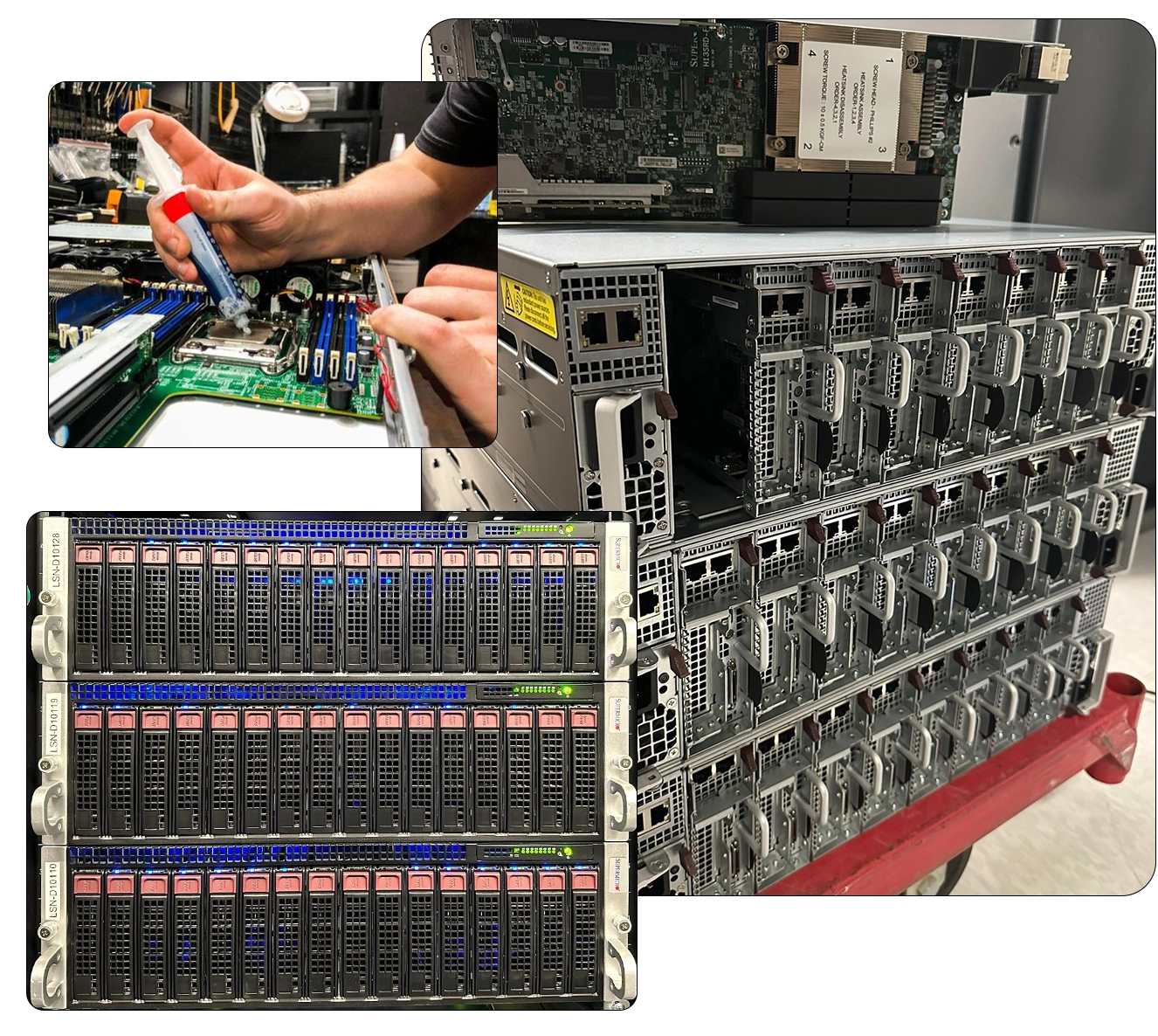At Qonzer, we understand that simply selecting a particular type of processor for our servers and making claims about performance isn't enough. We recognize the importance of backing up our assertions with concrete data. That's why we take testing seriously—really seriously. We don't just promise higher performance because of a specific processor; we guarantee it through rigorous testing protocols.
In an industry where claims often outweigh evidence, we're committed to setting a new standard. Testing isn't just something we do; it's woven into the fabric of our operations. We believe that every provider should follow suit, yet we acknowledge that this isn't always the case. It's a reality that has persisted for far too long, but at Qonzer, we're determined to change that narrative.
We needed a server class like no other, one that could do anything from powering simple websites to game servers to the highest frequency compute virtualization available and we found it with the AMD ZEN4 architecture and here's how we did it.
Reading, watching, and observing are crucial aspects when compiling a list of top processors. We consider everything from user-reported issues to performance claims.
Our list includes a wide range of AMD and Intel processors, covering both server and desktop lines. To refine our selection, we prioritize specific requirements essential for performance and game server hosting:
- Cost and Availability
- Cores / Threads
- Per Core Clock Frequency
- Cooling Requirements
- Memory Compatibility
Xeon and EPYC processors were excluded from our list due to their lower clock frequency despite offering high core counts. While they excel in multitasking environments, almost all game server software only benefits more from high single-core performance.
After thorough evaluation, we settled on two processor series that offer the best combination of cores/threads, frequency, hardware compatibility, and functionality. Most importantly, they deliver exceptional overall performance.
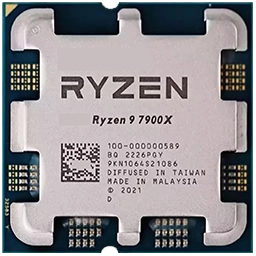
AMD Ryzen™ 9 7900X
12 Cores / 24 Threads
4.7GHz - 5.6Ghz
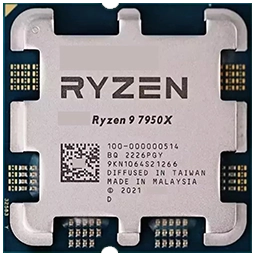
AMD Ryzen™ 9 7950X
16 Cores / 32 Threads
4.5GHz - 5.7Ghz
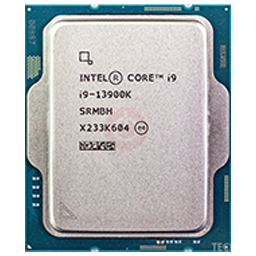
Intel® Core™ 13900k
16 E-Cores 2.2 - 4.3Ghz
8 P-Cores / 16 Threads 3 - 5.8Ghz
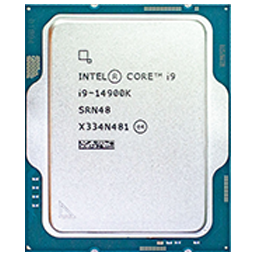
Intel® Core™ 14900k
16 E-Cores 2.4 - 4.4Ghz
8 P-Cores / 16 Threads 3.2 - 5.6Ghz
The AMD Server Class Test Bench
- Socket AM5 Motherboard - H13SRD-F
- 4 x 32Gb - 128Gb 4800 MT/s ECC Registered DDR5 Memory
- 2 x 2tb Samsung Enterprise NVMe
- 3 x 120mm Fan AIO Liquid Cooler
- Windows Server 2022
The Intel Server Class Test Bench
- Socket LGA-1700 Motherboard - B4SA1-CPU
- 4 x 32Gb - 128Gb 4800 MT/s ECC Registered DDR5 Memory
- 2 x 2tb Samsung Enterprise NVMe
- 3 x 120mm Fan AIO Liquid Cooler
- Windows Server 2022
We also tested these processors in standard mainstream gaming motherboards for comparision.
The AMD Desktop Class Test Bench
- Asus ROG Strix X670E-E
- 4 x 32Gb - 128Gb 5800 MT/s Non-ECC Registered DDR5 Memory
- 2 x 2tb Samsung Enterprise NVMe
- 3 x 120mm Fan AIO Liquid Cooler
- Windows Server 2022
The Intel Desktop Class Test Bench
- Asus ROG STRIX Z790-E
- 4 x 32Gb - 128Gb 5800 MT/s Non-ECC Registered DDR5 Memory
- 2 x 2tb Samsung Enterprise NVMe
- 3 x 120mm Fan AIO Liquid Cooler
- Windows Server 2022




